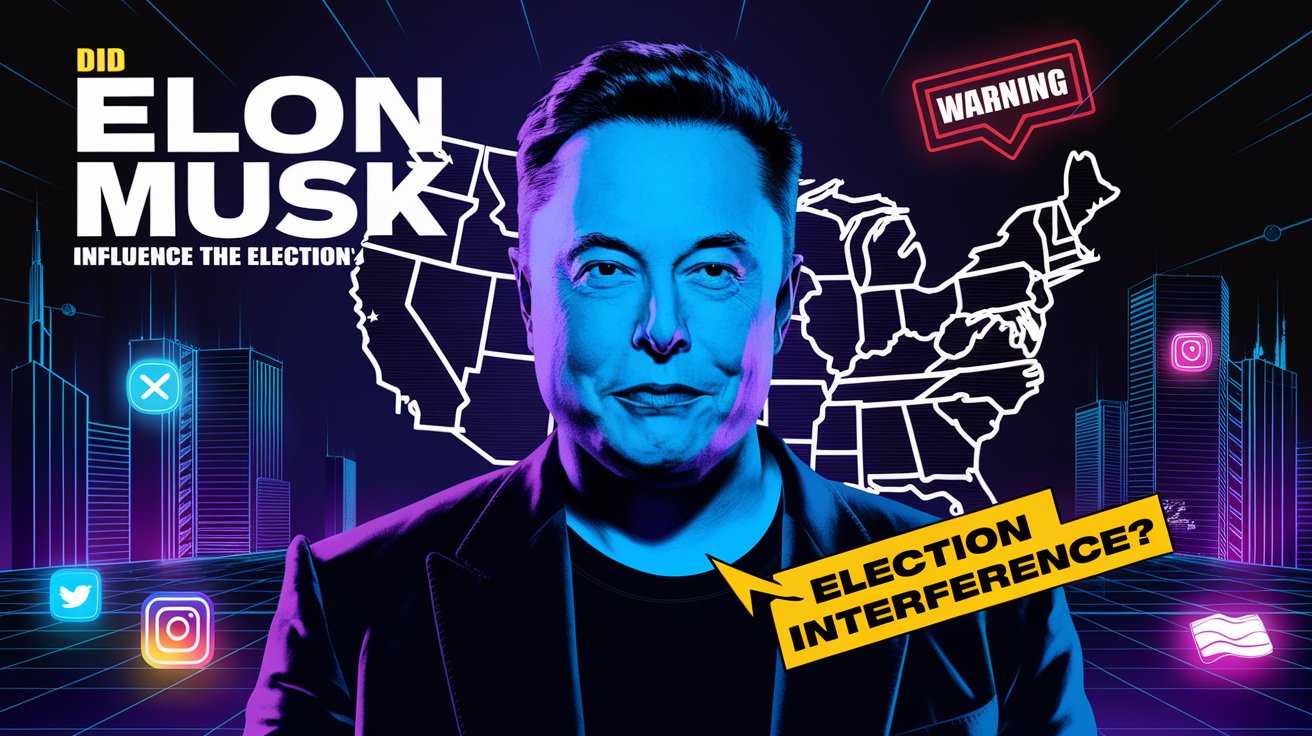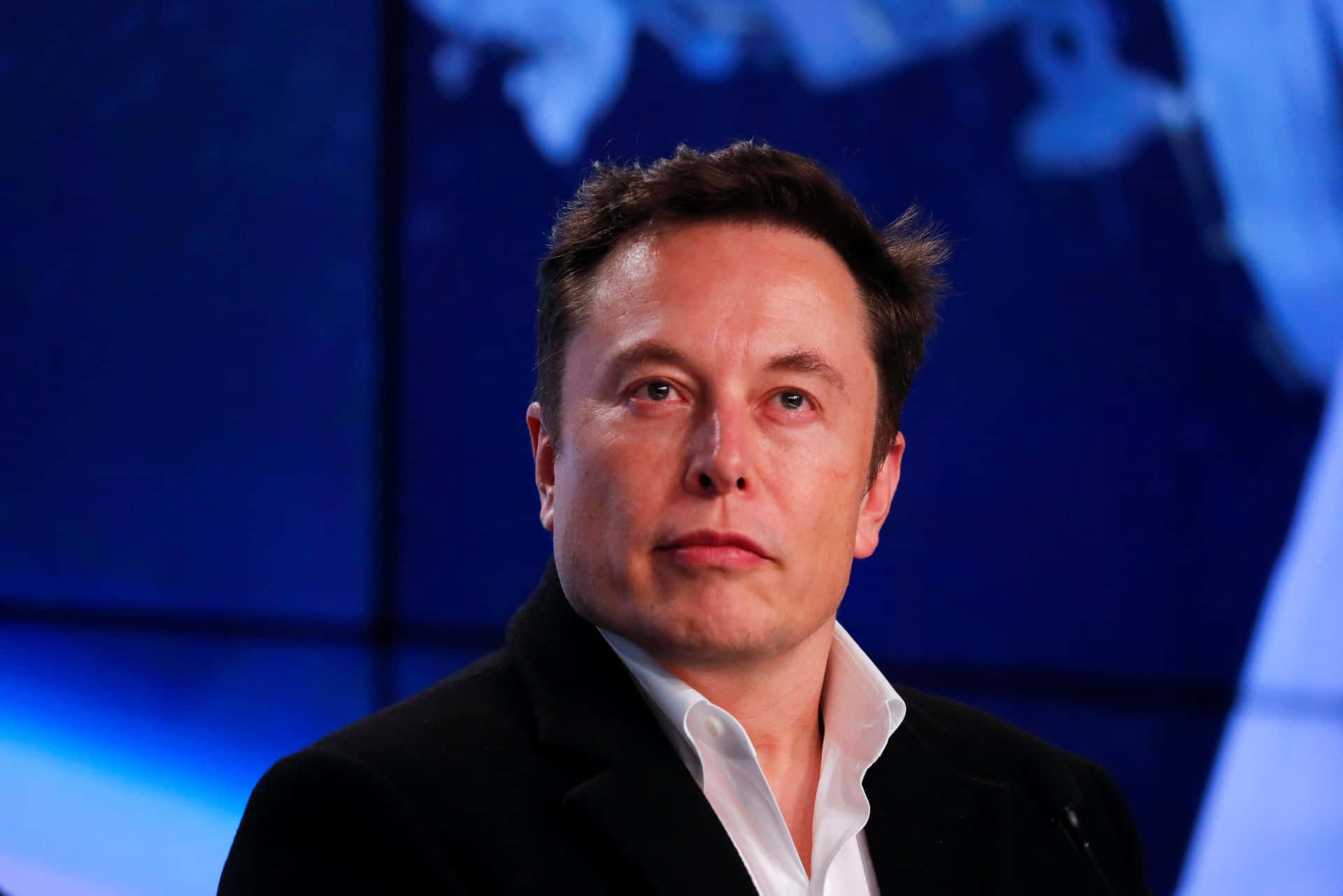


Elon Musk is like a cat video on the internet—you either adore him, roll your eyes, or can’t stop talking about him. Whether he’s launching rockets, naming his kids after CAPTCHA codes, or turning social media into his personal gladiator arena, Musk is everywhere. So, the big question: Did the world’s richest meme connoisseur influence the U.S. election? Let’s dig in, with humor intact.
Remember when Musk bought Twitter for a jaw-dropping $44 billion? Some thought, “This guy really loves Twitter,” while others muttered, “That’s one expensive midlife crisis.” Regardless, his acquisition of the platform—now called X (because why not?)—transformed it into a louder, wilder, and debatably more chaotic hub for political discourse.
From reinstating controversial accounts to cryptic polls like, “Should I step down as Twitter CEO?” Musk didn’t just influence social media; he became the conversation. And where there’s conversation during an election season, there’s bound to be influence.
Did Musk’s decisions sway voters? Hard to say. But the algorithm’s newfound love for sensationalism certainly didn’t hurt his visibility. Imagine scrolling through a debate hashtag and seeing Musk drop a meme about flamethrowers. Classic.
Elon’s memes are the stuff of internet legend—sometimes hilarious, sometimes “dad joke” levels of cringe, but always engaging. His Twitter/X feed during the election season felt like a grab bag of political takes, motivational quips, and the occasional dig at government inefficiency.
Whether he was indirectly influencing voters through humor or sparking debates on electric vehicles, free speech, and Dogecoin, his voice undeniably shaped public discussions. Even if people didn’t agree with him, they were talking about him. And isn’t that half the battle in politics?

One of Musk’s biggest talking points was his commitment to “free speech.” After acquiring Twitter, he reinstated a slew of banned accounts, much to the delight (or horror) of various political factions. Critics argued this decision gave certain narratives undue amplification, while supporters claimed it restored balance.
Either way, it created waves. Musk’s actions—and the reactions to them—may not have told people how to vote, but they certainly amplified the noise in an already chaotic election season.
To be fair, Musk isn’t a political strategist. He’s a tech mogul with a penchant for stirring the pot. But when you have 160+ million followers, even your midnight snack tweet could have ripple effects.
Ultimately, Musk’s influence lies less in directly telling people what to do and more in how he shapes the broader conversation. Whether he’s mocking politicians, encouraging innovation, or just trolling for the fun of it, his fingerprints are on the discourse—even if they’re smudged by memes.
Did Elon Musk single-handedly swing the U.S. election? Probably not. But did he make it more entertaining? Absolutely. Love him or loathe him, the man knows how to keep the internet buzzing, which in today’s world is its own kind of power.
So, did Musk influence the election? Maybe, maybe not. But one thing’s for sure: If there’s ever a vote for President of Mars, he’s already got our attention—and probably a killer meme campaign to go with it.
Welcome to Trenpx, where the latest trends aren’t just followed